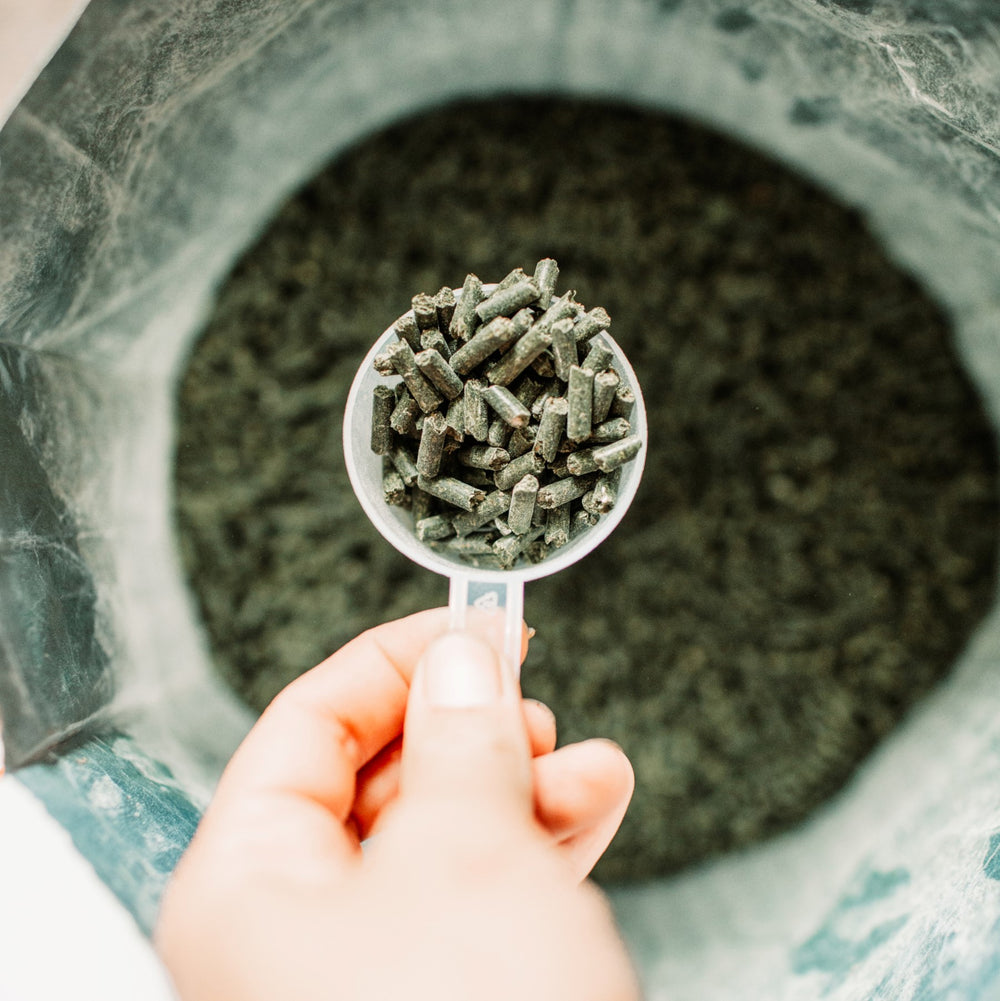
Dr Erin Roddy DVM - Proprietor and Head Veterinarian
As an Equine Veterinarian I know first-hand what damage to a horse’s immune system does to their body and their ability to perform. While horses are magnificent athletes they are delicately designed and as the majority horse owners, trainers, and anyone involved in the racing performance horse industry can readily agree if even the slightest thing is off, the horse’s ability to thrive and perform become greatly reduced.
What might surprise a lot of those involved in racing / performance horses, particularly at the elite level, is that the horse’s largest defense organ (and the site of the majority of their immune system) is in their Gastrointestinal (or GI) tract.
In fact, approximately 70-80% of the equine immune system is spread along the length of the GI tract which begins at the esophagus when the horse first swallows ingesta and travels all the way to the anus where manure is excreted. The GI tract in a horse is the boundary between the outside environment and the inside of the horse in the same way that the skin is on the outside of the horse. Everything the horse ingests must pass through and be processed by the GI Tract in order to provide calories and nutrients for growth and performance. To make things more complicated, the absorption of these vital calories and nutrients must occur without also absorbing any of the billions of harmful bacteria, viral pathogens, fungal pathogens, or parasites which often accompany the food and forage consumed.
Any breach in this important barrier between the inside of the horse and the outside world can cause severe and even life-threatening issues.
The word colic strikes fear in the heart of any horse person and it is the importance and delicacy of this Gastrointestinal barrier that causes colic to be so life threatening. Once the barrier is breached, the horse’s immune system jumps into overdrive to defend against the attack of the outside organisms which starts a massive inflammatory cascade. Physical trauma to the barrier such a puncture from an ingested item or compression or twisting of the gut also causes the same inflammatory reaction.
Unfortunately, while the inflammatory cascade is the horse’s best chance at fending off the attack of the pathogens, it also results in a severely negative impact on the body’s other physiological systems. Horses with an activated inflammatory cascade will stop eating and drinking, they will experience moderate to severe pain, they can spike a fever, and even experience laminitis.
Any breach of the barrier at any stage of the Gastro Intestinal track of the horse sets up this inflammatory cascade which can range from mild colic all the way through to the end of the horse’s life, sometimes even despite severe intervention such as surgery.
While this information isn’t new, the importance of maintaining the health and integrity of the Equine GI tract is always worth revisiting. Not only does a strong and healthy GI tract minimize the risk of expensive and dangerous colic episodes, it is also the key component to our Equine athletes being able to perform to the best of their ability.
It is imperative the GI tract function properly in order for the horse to process and absorb the components of their diet which allow them to build strong and healthy bones, tendons, and ligaments as well as lean muscle, glowing manes, tails, and coats, and have the energy and mental focus to perform at their best. If the immune system is activated for any reason, it is a huge draw on the horse’s physiological systems meaning that any incoming calories and nutrition will be used to fuel the inflammatory cascade. This is why we see sick horses lose condition so quickly. Not only are they generally off feed and even reluctant to drink, all of their existing resources are being burned up by their immune system.
Even if the horse continues to consume calories and nutrition or calories are provided via tube and intravenous support, the immune system will consume the incoming nutrition to attempt to fight what the body views as an invasion from the external pathogens.
As we narrow in on the Elite Equine Athletes this becomes even more important! Horses performing at the peak of their physical ability cannot waste any energy or nutritional value on an activated immune system or inflammatory cascade. They need every calorie, vitamin, and mineral coming through their GI tract to go directly towards supporting their mental and physical exertions and recoveries. Even the smallest insult which causes an activation of the immune system on even a minute or subclinical level (meaning it would be hard to detect just by interacting with the horse) would greatly impact the elite equine athlete’s ability to produce a peak performance.
It is this underlying immune system activation which often causes horses to seem “flat” or “tucked up”. They are using their internal resources to fight off an infection or deal with some form of inflammation which leaves them unable to function or perform at their best.
Recently some groundbreaking research in production animals in the US has further explored the relationship between the GI tract and the immune system in production animals.
This research shows that not only does physical stress (such as infection, inflammation, or trauma) activate the immune system but that psychological stress has the exact same impact. Researchers were able to measure the physiological effects of inflicting different types of psychological stress on the animals in conjunction with and without feed restriction. What they found by varying the different types of stressors and feed restriction elements was that feed restriction only accounted for approximately half of the production loss in the animal.
The groundbreaking result is that the inflammatory system accounts for the other loss of production: in dairy cows we are seeing a decrease in milk production, but in steers and performance horses this results in a decrease in lean muscle production.
What is happening in these animals is that the different sources of psychological stress such as heat stress, changes in housing, food and water deprivation activate the immune system and inflammatory cascade in the same way that an infection, inflammation, or wound would.
For horses this implies that a horse can be "physically" healthy, that is free from any infection or inflammation in its body or any physical draw on the immune system such as an injury or a wound but if it is psychologically unhealthy the body will react in the same way.
When a horse is psychologically stressed, the activation of their immune system uses up all of their incoming resources to activate the inflammatory cascade leaving nothing left to add condition, build lean muscle, or fuel the nerve junctions which result in peak focus and performance.
In all facets of the equine performance industry we are working to keep our athletes as healthy as possible and routine temperature checks, blood works, and physical exams are already the norm to detect and prevent the earlies incidences of infection or illness.
But are we doing enough to prevent what we now know to be equally detrimental to the horse’s health and well-being: psychological stress?
Research all over the world indicates that the main causes of psychological stress in horses are things such as:
- Experiencing extreme temperature: both and hot and cold
- Food deprivation: even a lack of food in stable for more than 3 hours will begin the immune mediated inflammatory cycle
- Water deprivation: especially during travel and before or after exercise
- Confinement: horses are designed to be moving and grazing for up to 18 hours a day so confinement to a small area for more than 6-8 hours a day causes psychological stress
- Change in environment: horses are incredibly sensitive to even the smallest changes in their environment such as smell, sound, lighting, handlers, etc. Too many changes or changes too quickly causes a great deal of psychological stress
- Change in herd dynamics: this variable was directly assessed in the new research and was one of the biggest causes of increased psychological stress. Horses become very dependent on the consistency of their herd even extending to stable and paddock neighbors and their location on a property. Rapid, abrupt changes in herd dynamics cause a dramatic increase in the horse’s psychological stress
This new research is the scientific prove we need that the psychological well-being of our Elite Equine Athletes is as directly related to their physical health and ability to perform as their physical well-being.
Horses undergoing even mild psychological stress will see an activation of their immune system and the nutrient draining inflammatory cascade in the same pathway as a horse with a viral or bacterial insult. These horses will simply not be able to achieve peak condition or performance regardless of their level of diet or care because the inflammatory system is using most of the nutrients coming in to fuel the inflammatory cascade.
Therefore, in order to optimize development and performance in our Elite Equine Athletes we must elevate our focus on their psychological health – scientifically they simply cannot thrive when they are stressed.














